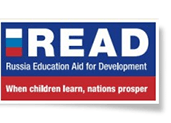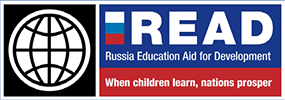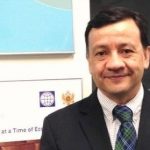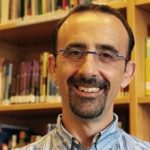The problem of improving the quality of education in developing countries is one of the key topics on the agenda of several international organizations and forums. The increasing gap in the quality of schooling creates the conditions of social inequality in the earliest stages of human life. This may adversely affect economic prospects and socio-economic stability of countries and on world economic growth.
To solve these problems the international community is implementing a number of programs to support education in developing countries aimed at improving the quality and accessibility of basic education.
Russia Education Aid for Development READ agreed in 2008 in the framework of cooperation between the Ministry of Finance of the Russian Federation and the World Bank to promote international development in education and provide support to United Nations member countries in building the capacity of institutions responsible for the measurement of educational achievements and the use of these data to improve teaching and learning.
This scheme highlights the roles and responsibilities of the key actors implementing the READ Program in its aim to deliver global and country level assistance to countries that wish to realize their vision of building a strong and sustainable assessment system.











